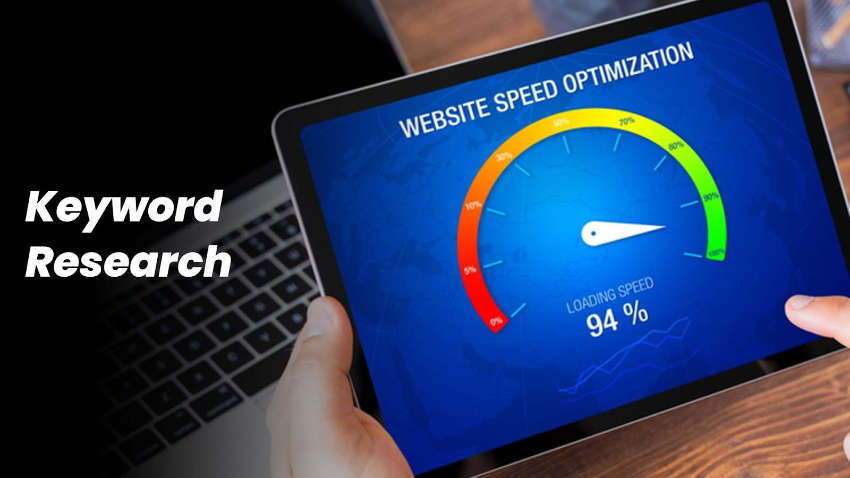Show:
What to Do When Planning For eCommerce SEO
SEO is a critical component of any eCommerce business. You will not make any sales if no one can find you online, no matter how good your products or services are. Because organic traffic accounts for more than 40% of most stores’ revenue, it is critical to use the right SEO strategy to stay visible on search engines.

If you run an eCommerce store, SEO should be one of your top marketing priorities. An effective eCommerce SEO strategy is critical for increasing organic search engine visibility, outranking competitors in search results, and increasing the number of new customers who arrive organically through Google and other major search engines. People who do well on Google take SEO seriously and know how helpful it can be to hire an eCommerce SEO agency and make plans for their online business.
1. Keyword Research
It is important to use keywords. How often your website appears in search results depends on the keywords you use. Before you use a keyword, find out how often people look for it on Google (the keyword’s monthly Google trend). Find out how much its paid advertising competitors cost per click (CPC). You can do this at any time using software from a third party, such as (Semrush, Ahrefs, etc.)
You don’t want to cram keywords into the titles and descriptions of your products, but they do need to show up somewhere in the content. Use your main keyword in the product title, meta description, image alt attributes, and sub-headlines. You should also use keywords from the latent semantic index (LSI). These are keywords that Google uses to figure out what your page is about.

2. Website Speed
Speed is a factor in how a website is ranked. Web users say a site should load in two seconds, but the faster it does, the better.
For SEO, your eCommerce site’s web design needs to be fast, mobile-friendly, and flexible. If your images aren’t compressed right for the web, your site could get too full of big image files. Watch out for CMS that forces you to use bigger versions of product photos when smaller versions would do.
3. Link Building
In SEO, link building is a factor in how well you rank. Google will trust your website more if it has good links. Getting links to your homepage, product, and category pages are hard.
Off-page SEO is a little more complicated and takes a little more time than just making changes to your website. So, instead, work with other bloggers and website owners by writing guest articles, using social media ads, and sharing information on social media.

4. Content Marketing
Content will still be very important in 2022 and will be a key part of eCommerce SEO. For the best eCommerce SEO, your blog post strategy should use long-tail keyword variations of the keywords you want to rank for products and categories. Also, there should be product reviews, how-to guides, and other similar content.
Content that is updated often gets both natural and paid traffic. It can help you gain your clients’ trust, improve your website’s rankings, and build your reputation as an expert.

5. Product Pages Optimization
Because product pages are the main way people find out about your brand, it would be good to spend time and energy optimizing them. Also, Google needs more information on your product pages to find them. So, it’s better if you give your product a name. Use a popular search term or keyword phrase in your product.
Whether your products are available elsewhere or the only one selling them, you can improve your organic results by writing unique, interesting product descriptions tailored to your keywords. For SEO, it’s also important to ensure that images are optimized. For instance, image tags and titles should be optimized to match what a customer would type into a search engine.

Final Words
eCommerce SEO is the best way to connect with a specific audience and increase your chances of making sales. SEO for eCommerce lets you boost the visibility of your website, bring in new users and customers, and build a loyal following.

 Return to Previous Page
Return to Previous Page








